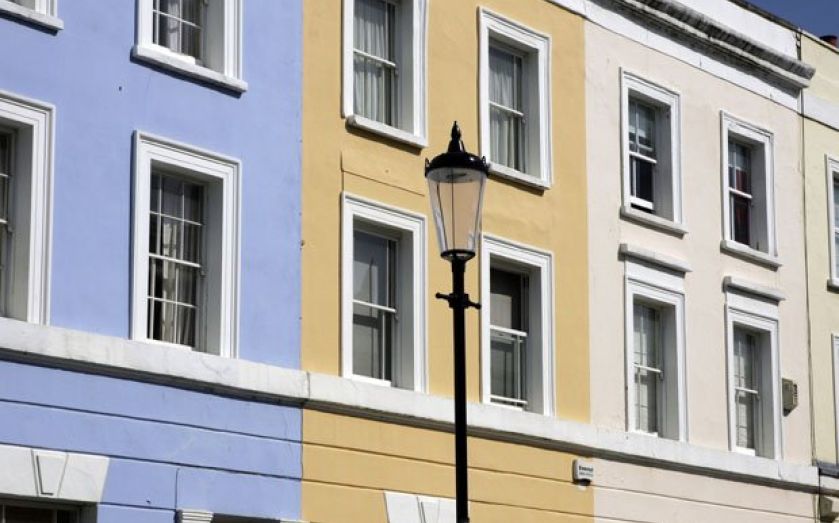Lib Dem reversal on the bedroom tax should worry welfare reform supporters

The Lib Dems announced yesterday that they are heavily watering down their support for the “bedroom tax” – or more accurately, the Under-Occupancy Charge. The policy cuts housing benefit payments by 14 per cent for households with one spare bedroom, and by 25 per cent for those with two or more. Perhaps the most controversial part of the coalition’s welfare reforms, it is estimated to save the taxpayer more than £500m a year.
Whatever its critics say, however, this is about far more than saving money at any cost. ONS data shows that there are 450,000 socially-rented houses with two or more spare bedrooms, and 360,000 that are overcrowded, with more people than bedrooms. Of course, not all are located in the same area, but it does reflect a serious mismatch which needs to be corrected.
And this is to say nothing of the approximately 1.7m people who are languishing tragically on the social housing waiting list. It is simply not good enough for families who do find themselves on a waiting list, or for households with children forced to sleep on sofas, to abandon efforts to improve the allocation of the social housing stock.
But what does this say about the Lib Dems, and their apparent U-turn? On the one hand, this is not quite the reversal Nick Clegg would like it to appear. Far from abandoning support altogether, the party wants to increase the number of people exempt from the “bedroom tax”. There may be some merit in examining this – although it’s important to remember that many of the most vulnerable groups are already protected from the policy’s full effects. These include pensioners, disabled tenants with overnight carers, foster carers, families with adult children in the armed forces, and bereaved families. Further, for some tenants, there are also discretionary payments available to make adjustments. The problem has been that some local authorities have failed to adequately distribute these funds.
Yet on the other hand, the Lib Dems’ move appears to be a worrying reversal on a policy that looks like it’s working. First, more than 30,000 social housing tenants have moved house since the “bedroom tax” was enacted. Second, about 10 per cent of those tenants subject to the benefit cut have now stopped claiming it entirely, suggesting that the policy has boosted work incentives, and increased employment and hours. It also corrects an inherent unfairness by bringing the social housing system into line with private housing tenants.
In fact, watering down their support for the policy doesn’t even make political sense for the Lib Dems. Labour has promised to reverse the “bedroom tax” entirely, and will surely mop up the votes of its opponents. It’s more likely that the Lib Dems have simply buckled under pressure.
And this is concerning. Welfare reform is difficult but necessary, and opposition to it will always be fierce. But if reformers give up and U-turn in the face of political pressure, the message to the opponents is that they can succeed if they are persistent and loud enough. The Lib Dems should have had the courage to stick with this policy in full.